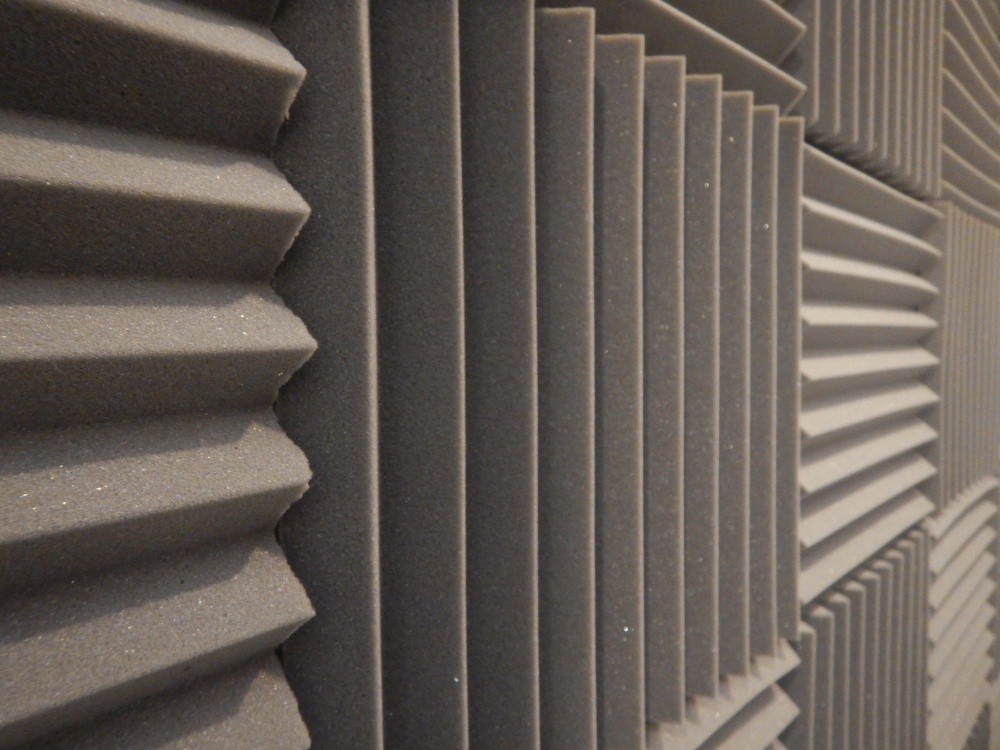Acoustic doors are specially designed doors that are used to improve soundproofing in homes and offices. They are made with sound-absorbing materials and are constructed in a way that prevents sound from escaping through gaps and cracks in the door. In this article, we will discuss how acoustic doors improve soundproofing in your home or office.
-
How Acoustic Doors Work
Acoustic doors work by using a combination of sound-absorbing materials and specialized construction techniques. These doors are typically made with a solid core and a specialized door frame that is designed to prevent sound from escaping through gaps and cracks.
The core of an acoustic door is usually made with a dense material such as timber or mineral wool. This core material absorbs sound waves and prevents them from passing through the door. The door frame is designed to seal the door tightly against the wall, preventing any sound from escaping through gaps around the edges of the door.
-
Benefits of Acoustic Doors
Acoustic doors provide several benefits to homeowners and businesses, including:
-
Improved Soundproofing: The main benefit of acoustic doors is that they improve soundproofing in your home or office. They are designed to prevent sound from passing through the door, which makes them a great solution for rooms that require a high level of sound isolation, such as music studios, home theaters, and conference rooms.
-
Increased Privacy: Acoustic doors also provide increased privacy by preventing sound from traveling between rooms. This can be particularly useful in offices or shared living spaces where privacy is important.
-
Improved Energy Efficiency: Acoustic doors can also help to improve energy efficiency by reducing drafts and air leakage around the door. This can help to reduce heating and cooling costs and make your home or office more comfortable.
-
Aesthetic Appeal: Acoustic doors come in a variety of styles and finishes, making them a great option for homeowners and businesses who want to enhance the aesthetic appeal of their space.
-
Where to Use Acoustic Doors
Acoustic doors are typically used in areas where sound isolation is important. Some common applications include:
-
Music studios and practice rooms: Acoustic doors are essential for music studios and practice rooms, as they help to prevent sound from escaping and disturbing others.
-
Home theaters: Acoustic doors are also commonly used in home theaters to prevent sound from traveling to other parts of the house.
-
Conference rooms: Conference rooms often require a high level of sound isolation to prevent confidential conversations from being overheard.
-
Offices and shared living spaces: Acoustic doors can be used in offices or shared living spaces to provide increased privacy and reduce noise pollution.
-
Choosing the Right Acoustic Door
When choosing an acoustic door, there are several factors to consider, including:
-
Soundproofing requirements: The level of soundproofing required will depend on the intended use of the room. For example, a music studio will require a higher level of soundproofing than a home office.
-
Door material: Acoustic doors are available in a variety of materials, including timber, steel, and fiberglass. The material you choose will depend on your budget and the level of soundproofing required.
-
Door frame: The door frame is an important component of an acoustic door, as it helps to seal the door tightly against the wall. Look for a door frame that is specifically designed for acoustic applications.
-
Aesthetic appeal: Acoustic doors come in a variety of styles and finishes, so choose a door that complements the aesthetic of your space.
Conclusion
Acoustic doors are an effective way to improve soundproofing in your home or office. They provide several benefits, including increased privacy, improved energy efficiency, and enhanced aesthetic appeal. When choosing an acoustic door, consider the level of soundproofing required, the door material, the door frame, and the aesthetic appeal.


No comments yet